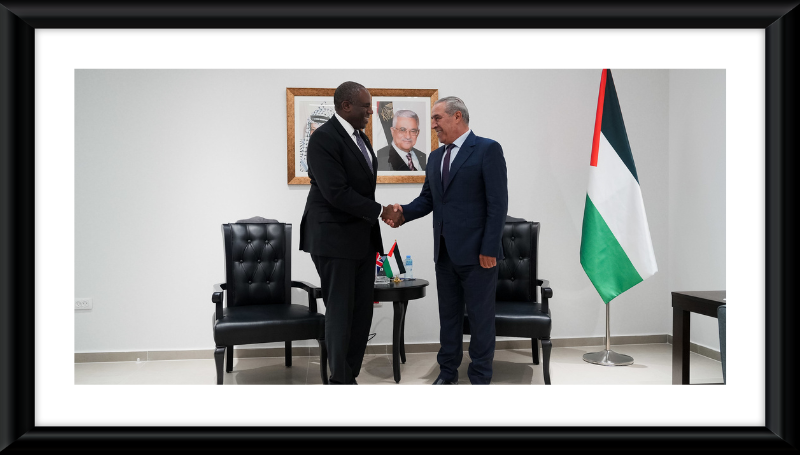Yohanan Tzoreff
INSS Insight No. 1982, May 15, 2025
“In Abbas’s view, the war has exposed Hamas as out of touch with today’s strategic realities and incapable of managing the Israeli–Palestinian conflict.”
The PLO Central Council approved the appointment of Hussein al-Sheikh as deputy chairman of the PLO during a session held on April 26 in Ramallah, and a few days later, Azzam al-Ahmad was appointed to replace al-Sheikh as secretary-general of the PLO Executive Committee. This was part of a series of reforms announced by Mahmoud Abbas in his speech at the Arab League Summit convened on March 4 in Cairo, which focused on addressing the challenges posed by the war that Hamas initiated against Israel on October 7, 2023. The appointment was preceded by a two-day session of the Central Council, where the issue of the deputy position—previously non-existent—was discussed. Among other reforms announced by Abbas and already partially implemented are the establishment of a mechanism for replacing him as president of the Palestinian Authority (PA) in case of incapacitation, and the possibility of granting a “pardon” to those expelled from Fatah, along with an invitation for those who left to return. These steps aim to unify the movement, which has fragmented into numerous factions in recent years, particularly in the lead-up to the elections that had been scheduled for May 2021.
A number of years ago, Abbas had appointed veteran Mahmoud al-Aloul as his deputy within Fatah. However, with al-Sheikh’s appointment, Abbas has effectively split the three leadership roles he held—chairman of the PLO, the PA, and Fatah—into three distinct positions. This marks a fundamental departure from the post-Oslo Accords reality, where both Arafat and Abbas concentrated all three titles, thus maintaining full control over the Palestinian political arena. Control of the Palestinian Authority—considered a primary center of power since the Oslo Accords and one that has weakened the PLO as an umbrella organization—remains, for now, in Abbas’s hands. Rather than appointing a successor, Abbas established a mechanism that assigns the Palestinian National Council (PNC) chair the responsibility of selecting a replacement within 90 days after his departure, while serving as interim president.
The new deputy chairman of the PLO, Hussein al-Sheikh, 65, is a veteran Fatah member from the generation that came of age during the First Intifada in the West Bank. Over the past two decades, he has grown close to Abbas and has become one of his most trusted confidants. He accompanies Abbas in nearly all activities, which has enabled him to cultivate strong relationships with Israeli and international officials. Seen as Abbas’s political heir, al-Sheikh is committed to security coordination with Israel and advocates managing relations through diplomatic channels. …..SOURCE


